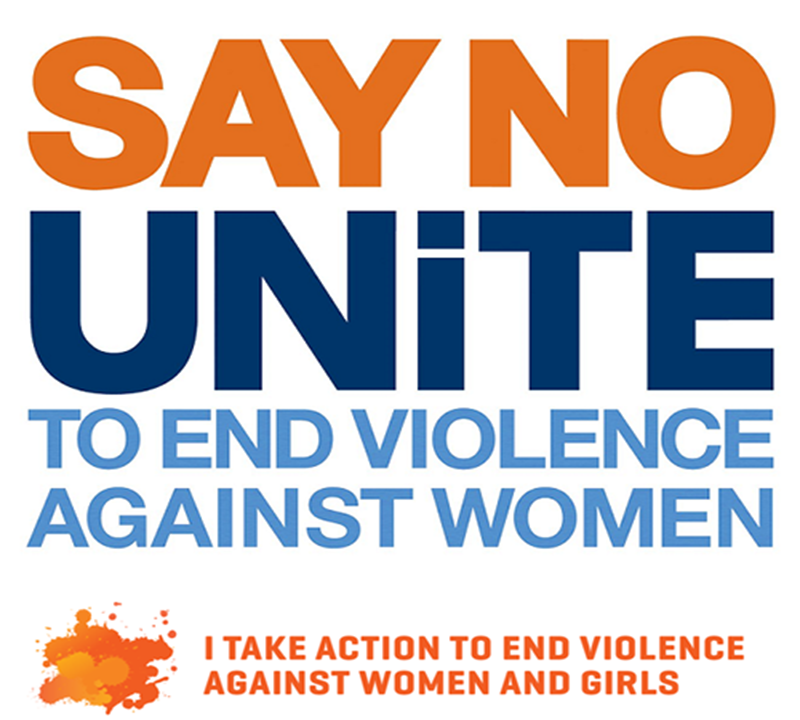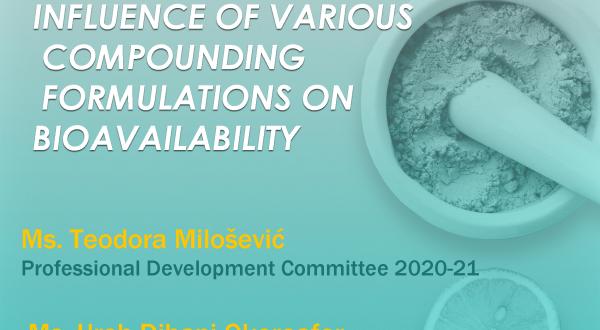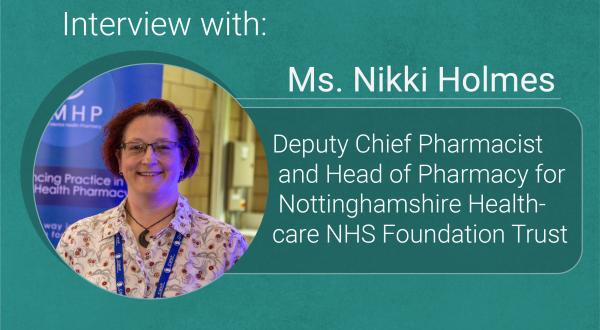
International Day for the Elimination of Violence against Women
By Lama Gaafar
Violence against women is a global issue that is an appalling violation of basic human rights. The United Nations defines violence against women as "any act of gender-based violence that results in, or is likely to result in, physical, sexual or mental harm or suffering to women, including threats of such acts, coercion or arbitrary deprivation of liberty, whether occurring in public or in private life."
DOMESTIC ABUSE
Domestic abuse is a very broad term and victims may not always be aware they have experienced abuse as the abuse does not need to be physical to be classified as such. Coercive control, sexual abuse, financial and even emotional abuse all fall under this category. Women are targeted as they often appear to be weaker than the opposite gender, which may be an explanation for why abuse is more prevalent in women although it does occur in men.
Honor killings are the most gruesome. An estimated 5,000 women are reported to be victims of honor killings every year, but the numbers are probably much higher as most are reported as suicides or accidents. Honor killings occur in communities rich in male dominance, where women are regarded as properties of the men in their family and are forced to abide by certain rules in order to avoid tarnishing the family honor. To these patriarchal communities, the refusal of an arranged marriage, seeking a divorce (without the consent of the husband/family) or even being a victim of rape are all vindications for murder. Some countries even have lighter sentences to those who perform these killings, insinuating that this act is justified as opposed to other murders.
SEXUAL ASSAULT
According to the World Health Organisation (WHO), an astonishing 1 in 3 women worldwide have experienced either physical and/or sexual violence in their lifetime. There has always been a stigma surrounding this topic, so in the past women have usually been silent. There has been progress, however, when it comes to speaking up. Just last month we witnessed the global social media movement #MeToo, which not only gave the victims a platform to speak up, but it was also a wakeup call for the whole world.
The consequences of sexual assault are awful and differ between individuals, including both physical and emotional conditions. Some women experience post-traumatic stress disorder (PTSD) which may involve flashbacks, severe anxiety and nightmares. Other women experience depression, self harm and even suicide. Injuries, pelvic inflammatory disease, urinary tract infections as well as sexually transmitted infections are also risks these women are subjected to.
FEMALE GENITAL MUTILATION (FGM)
Female genital mutilation as defined by the WHO includes, “all procedures involving partial or total removal of the external female genitalia or other injury to the female genital organs for non-medical reasons.” Although it is internationally recognized as a violation of the human rights of girls and women, nearly 3 million girls are subjected to this brutality every year, usually against their will. The reason for the continuation of this practice is the belief that FGM is linked to modesty, cleanliness and beauty as well as pressure from the community in order to be socially accepted and married.
Anesthesia is rarely ever used in these procedures and so these young girls and women are exposed to extreme pain along with excessive bleeding, shock, urinary problems, infections and, in the worst scenarios, death. In the long run these women are more likely to experience menstrual problems such as dysmenorrhea, obstetric fistula leading to urinary/fecal incontinence, urinary tract infections which may result in kidney failure and many obstetric complications including an increased risk of caesarean section, postpartum hemorrhage and prolonged labor.
Now that we know a few of the brutalities that women face, what can we do about it? The first step we need to take towards the eradication of these occurrences is to talk about it; to make it abnormal for a woman/girl to be harassed, beaten, mutilated or killed.
“When violence against women is no longer societally accepted, no longer kept secret, when everyone understands that even one case is too many...that's when it will change.” – Joe Biden
The writer is a member of IPSF Public Health Committee.



